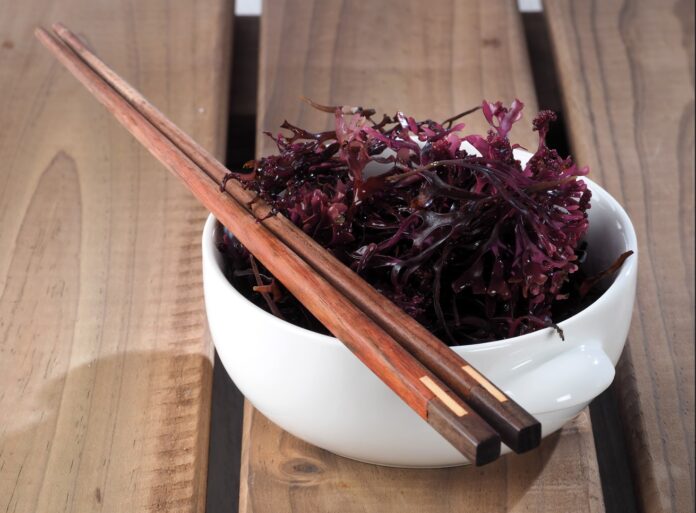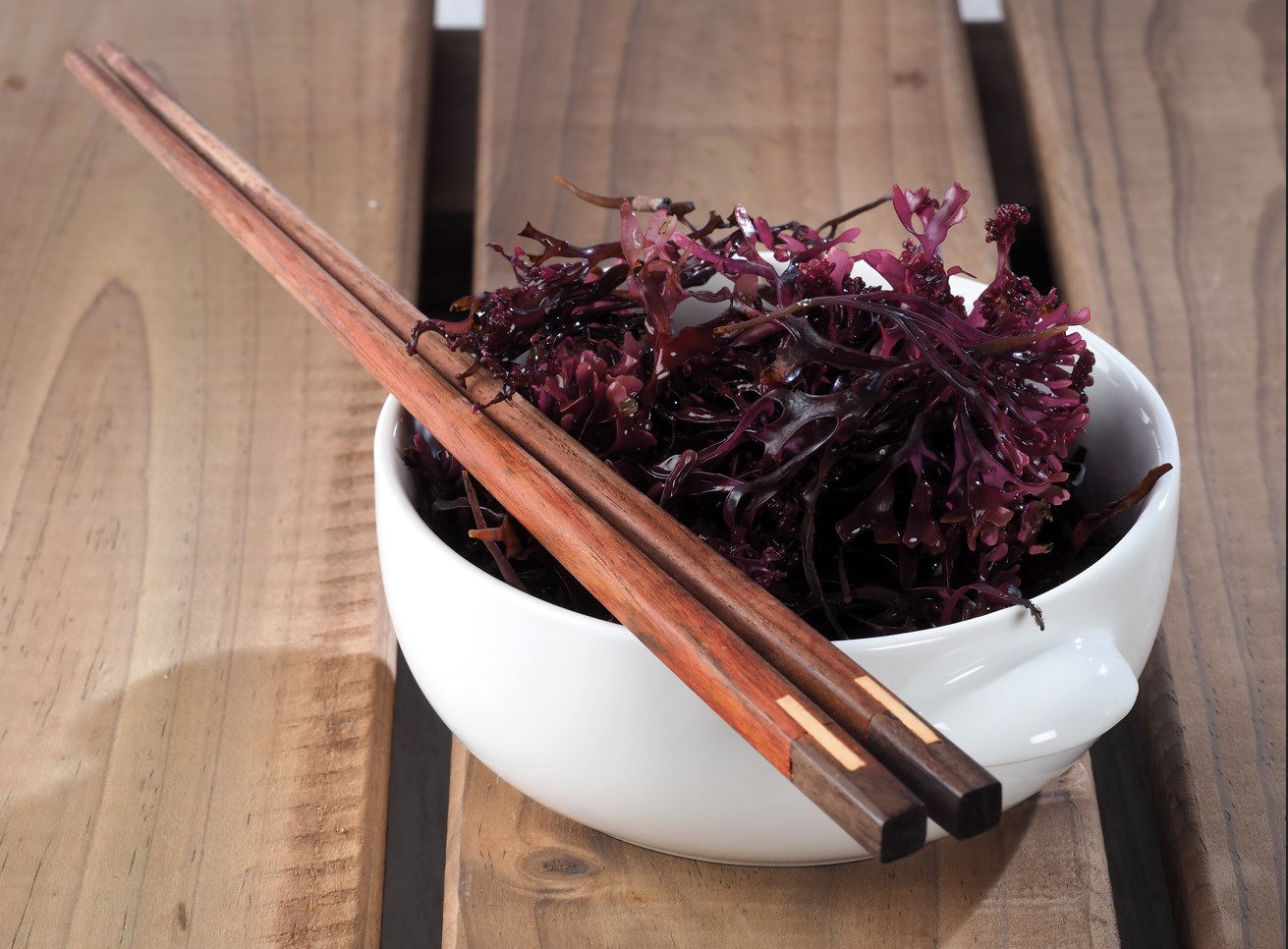Sea moss, also known as Irish moss, has become increasingly popular in recent years due to its reputation as a superfood. This nutrient-dense seaweed is packed with minerals, vitamins, and fiber that support a healthy body. However, like any other natural supplement or food, there may be potential side effects associated with its consumption. We will explore the possible side effects of sea moss and how to minimize any negative effects.
Iodine Overdose
Sea moss is a rich source of iodine, which is an essential mineral that plays a crucial role in thyroid function. However, consuming too much iodine can lead to hyperthyroidism, which can cause a rapid heartbeat, tremors, and weight loss. Symptoms of iodine overdose can also include headache, irritability, and insomnia. While excessive iodine consumption is harmful, a moderate intake of iodine from sea moss can actually help regulate thyroid function and improve overall health.
To minimize the risk of iodine overdose, it is important to monitor your intake of sea moss and other sources of iodine, such as iodized salt, seafood, and dairy products. Consuming sea moss in moderation and combining it with a balanced diet can help prevent iodine overdose.
Digestive Discomfort
Sea moss is a natural source of dietary fiber, which helps to support digestive health by promoting regular bowel movements and preventing constipation. However, some people may experience bloating, gas, or stomach upset when consuming sea moss. This can be due to the high fiber content or carrageenan, a type of fiber that is found in sea moss and has been shown to cause digestive issues in some people.
To minimize digestive discomfort, it is important to start with a small amount of sea moss and gradually increase your intake over time. This allows your body to adjust to the high fiber content and reduce the risk of digestive discomfort. It is also important to drink plenty of water and consume sea moss with other foods to aid digestion.
Heavy Metal Contamination
Sea moss, like anything from the sea has the potential to accumulate heavy metals such as mercury, lead, and arsenic from the ocean. These heavy metals can cause a range of health problems, including neurological damage, kidney damage, and cancer. Consuming sea moss that has been properly harvested in protected waters minimizes the exposure to heavy metals. It is important to buy from a sea moss provider that harvests in clean waters.
Blood-Thinning Properties
Sea moss contains natural blood-thinning properties due to its high concentration of vitamin K. While this may be a concern for individuals taking blood-thinning medications, it can actually have a positive effect on cardiovascular health. Vitamin K helps to prevent blood clotting and reduces the risk of heart disease and stroke.
To minimize the risk of blood-thinning, it is important to consult with a healthcare provider before adding sea moss to your diet, especially if you are taking blood-thinning medications. It is also important to monitor your intake of sea moss and other sources of vitamin K.
Allergic Reactions
Some people may experience allergic reactions to sea moss, which can cause symptoms such as itching, hives, and difficulty breathing. This is typically due to the high iodine content or carrageenan in sea moss.
To minimize the risk of allergic reactions, it is important to start with a small amount of sea moss and gradually increase your intake over time. If you have a history of allergies or are experiencing any symptoms after consuming sea moss, it is important to stop consumption and consult with a healthcare provider.
When consumed in moderation and with care, Sea Moss can provide numerous health benefits and support a healthy body. It is also a rich source of vitamins and minerals, including magnesium, calcium, and potassium. It is important to consult with a healthcare provider before adding sea moss to your diet, especially if you have any pre-existing medical conditions or are taking any medications.


